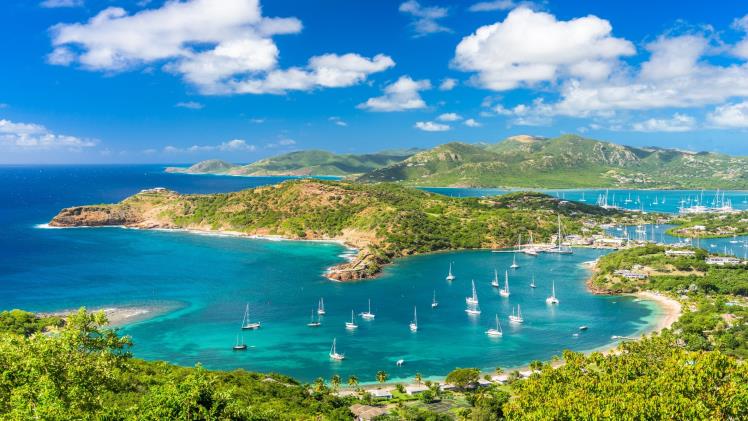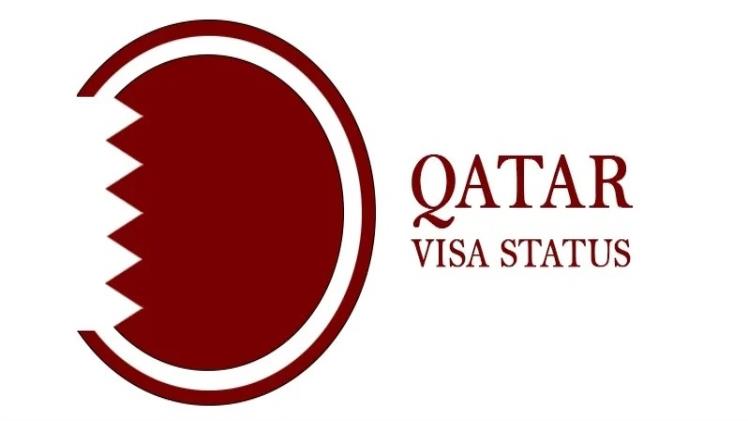Antigua and Barbuda, a twin-island nation in the heart of the Caribbean, has long been admired for its powdery white-sand beaches, vibrant culture, and attractive lifestyle opportunities. But beyond the sun-soaked scenery lies a well-rounded destination offering a wealth of benefits for expats, investors, digital nomads, and retirees. Whether you’re planning a short visit or a permanent relocation, this comprehensive guide explores everything you need to know about life, work, housing, healthcare, taxes, safety, and citizenship options in Antigua and Barbuda.
Life in Antigua & Barbuda
Demographics & Culture
Antigua and Barbuda is home to approximately 94,000 people, the majority of whom reside on the larger island, Antigua. English is the official language, and the culture is deeply influenced by African, British, and West Indian traditions. The local dialect, Antiguan Creole, is widely spoken in casual conversation.
Music, dance, and celebration are woven into the fabric of daily life. Annual events like Carnival and Antigua Sailing Week attract international crowds, while local food—featuring dishes like fungi and pepperpot—delights both residents and visitors.
Climate & Environment
The islands enjoy a warm, tropical climate year-round, with temperatures ranging from 24°C to 30°C (75°F to 86°F). The dry season runs from December to May, while the wetter months occur between June and November. With over 365 beaches, lush rainforests, and marine reserves, nature lovers and outdoor enthusiasts are never short of options.
Housing & Cost of Living
Rental & Purchase Market
Housing in Antigua and Barbuda ranges from affordable local apartments to luxury waterfront villas. Rental prices vary based on location and amenities; a one-bedroom apartment in the city may cost between $800–$1,200 per month, while high-end beachfront properties can exceed $3,000 monthly.
Foreigners can purchase property but must obtain a Non-Citizen Landholding License, which typically adds 5% to the purchase cost. Real estate markets in Jolly Harbour, English Harbour, and Hodges Bay are popular among expats and investors.
Utilities & Daily Expenses
Utilities such as electricity and water are relatively high due to the island’s import reliance. Expect monthly utility bills of $150–$300 depending on usage and air conditioning needs. Groceries, especially imported goods, are expensive; however, shopping local and eating seasonal produce can significantly reduce costs.
Work, Jobs & Business Environment
Employment Landscape
The country’s economy relies heavily on tourism, followed by banking, agriculture, and offshore services. Jobs in hospitality, marine services, and digital marketing are available, especially for skilled professionals. Work permits are required for foreigners and are typically obtained by employers on the applicant’s behalf.
For digital nomads, Antigua offers a “Nomad Digital Residence” visa, allowing remote workers to live and work tax-free on the island for up to two years.
Starting a Business
Antigua and Barbuda is known for being business-friendly, especially in offshore services and tourism. Foreign investors can establish International Business Corporations (IBCs), which enjoy tax exemptions and simplified regulations. The business registration process is relatively straightforward, and English common law principles govern contracts and commercial disputes.
Salaries & Living Wage
The minimum wage in Antigua and Barbuda is currently EC$8.20 (approximately US$3.00) per hour. Professional salaries vary widely by industry, with mid-level professionals earning between $30,000–$60,000 annually. It’s important to align salary expectations with the higher cost of imported goods and utilities.
Healthcare & Insurance
Public vs Private Healthcare
The public healthcare system is managed by the Ministry of Health and offers basic services free or at subsidized costs to residents. Major hospitals include the Mount St. John’s Medical Centre in St. John’s. However, many expats prefer private healthcare for faster service and modern facilities.
Insurance Options
Private health insurance is highly recommended for expats and long-term residents. International health plans from providers like Cigna, Bupa, and Allianz are widely accepted. Insurance policies typically cover inpatient, outpatient, emergency evacuation, and dental services, depending on the plan.
Taxes & Financial Regime
Personal Taxes
One of the most attractive features of Antigua and Barbuda is its tax-friendly environment. There are no personal income taxes, no capital gains taxes, and no inheritance or wealth taxes for residents and citizens. This makes it especially appealing for high-net-worth individuals and digital entrepreneurs.
Corporate Tax & VAT
The standard corporate tax rate is 25%, although tax concessions are available for companies operating in specific industries or under special licenses. The Antigua and Barbuda Sales Tax (ABST) is set at 17% and applies to most goods and services.
Social Security & Contributions
Employers and employees contribute to the Antigua and Barbuda Social Security Board. Rates currently stand at 8% for employers and 5% for employees. These contributions cover pensions, maternity benefits, and basic health insurance.
Tax Residency & Double Taxation
Tax residency is generally established by spending more than 183 days per year on the islands. Antigua and Barbuda does not have double taxation treaties with major nations like the U.S., but American citizens may still benefit from the Foreign Earned Income Exclusion (FEIE) and Foreign Tax Credit (FTC).
Antigua and Barbuda Citizenship by Investment (CBI)
Overview of the CBI Program
Launched in 2013, the Antigua and Barbuda Citizenship by Investment Program is a legal and reputable option for acquiring second citizenship. The program has become one of the most popular in the Caribbean due to its affordability, speed, and flexibility.
Investment Options
- Applicants can choose from several investment routes:
- National Development Fund (NDF): A non-refundable donation starting at $100,000 for a single applicant.
- Real Estate Investment: Minimum of $200,000 in government-approved projects.
- Business Investment: $1.5 million individually or $5 million as a joint venture.
- University of the West Indies Fund: Available for families of six or more, with a $150,000 contribution and one free university scholarship.
Benefits of CBI
- Visa-Free Travel: Access to 150+ countries, including the UK, EU Schengen Zone, and Hong Kong.
- Favorable Tax System: No income or capital gains taxes.
- Family Inclusion: Spouses, children, parents, and dependent siblings can be included.
- Fast Processing: Citizenship approval in 3–6 months.
Eligibility & Application Process
Applicants must be over 18, have no criminal record, and pass a background check. Due diligence fees apply, and all applications must go through a licensed agent. There is no requirement to reside in or even visit Antigua and Barbuda.
Insurance Essentials
Healthcare Insurance
Most expats and digital nomads opt for comprehensive private insurance. Monthly premiums can range from $100 to $400 depending on age, coverage, and provider.
Property & Travel Insurance
With hurricanes possible between June and November, property insurance is essential. Homeowners should also consider policies that cover flood damage and theft. Travel insurance is widely available and often required for visa-free entry during extended stays.
Visiting & Living Attractions
Places to Visit on Antigua
- Antigua offers an abundance of natural and cultural attractions. Highlights include:
- Nelson’s Dockyard: A UNESCO World Heritage Site in English Harbour.
- Shirley Heights Lookout: For panoramic views and Sunday parties.
- Devil’s Bridge: A dramatic natural limestone arch.
- 365 Beaches: One for every day of the year.
Barbuda Highlights
- Barbuda is less developed, offering a quiet escape. Key attractions include:
- Frigate Bird Sanctuary: One of the largest in the Western Hemisphere.
- Pink Sand Beaches: Stunning and secluded.
- Codrington: A quaint town offering local culture and cuisine.
Safety & Security
Antigua and Barbuda is one of the safer Caribbean destinations, but petty crimes like theft can occur, especially in tourist areas. Basic precautions—like securing valuables and avoiding isolated areas at night—are advisable.
Natural risks such as hurricanes require seasonal awareness. The islands have emergency services and protocols in place for residents and visitors alike.
Summary & Next Steps
Antigua and Barbuda strikes a compelling balance between Caribbean charm and modern convenience. With no income tax, stunning beaches, business incentives, and a well-regarded Citizenship by Investment Program, it’s easy to see why this island nation continues to attract global interest.







